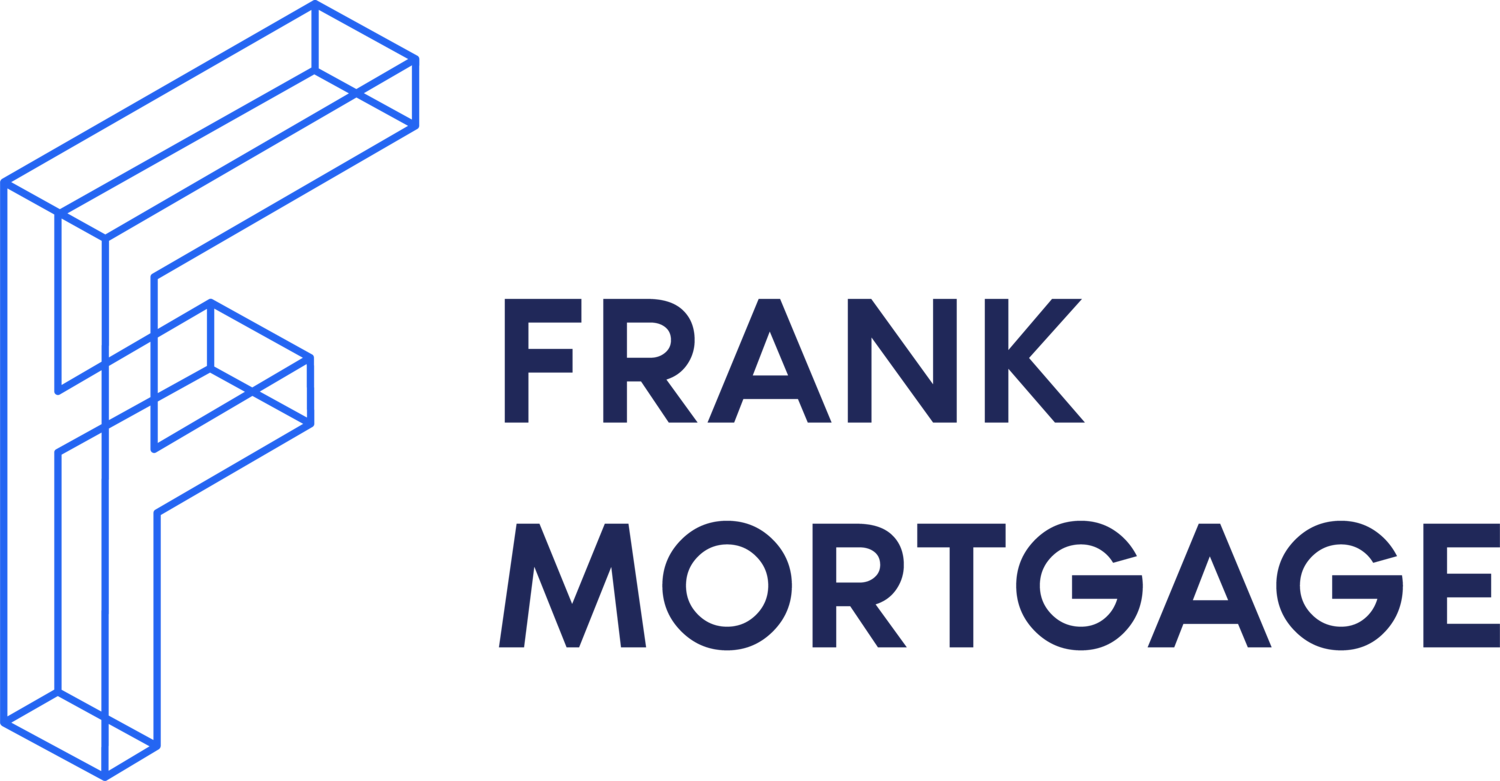
Land Transfer Tax
One of those sneaky closing costs many buyers forget to account for. A land transfer tax is a form of tax paid to the government on the closing of a property purchase. This tax is paid by the purchaser of a property and is calculated based on the property's purchase price. Land transfer taxes are typically a Provincial charge and can vary by Province, but some municipalities also charge a land transfer tax. First-time home buyers are sometimes exempt from part of the cost.
Land Transfer Tax Rebate
In Ontario, B.C. and PEI a first-time homebuyer may be eligible for a rebate on land transfer taxes if they meet certain conditions. There is also a land transfer tax rebate available to first-time homebuyers in the City of Toronto.
Lenders
So, who is actually giving out these mortgages to home buyers? Mortgage lending in Canada is done by a variety of financial institutions including, but not limited to, banks, credit unions and unregulated lenders.
Lenders fall into two major categories.
Lenders in the higher credit quality mortgage market offer a variety of mortgage products, often with competitive low mortgage rates.
The ‘B’ lenders specialize in customers that do not qualify for prime, or A, quality mortgages. B lenders (aka: Sub-Prime Lenders) charge higher interest rates and usually require larger down payments from their customers. B mortgages tend to have terms of only 1 or 2 years. Usually, the objective for the borrower is to make their mortgage payments and improve their credit score, allowing them to potentially qualify for a prime mortgage once their B mortgage matures.
Legal Fees and Disbursements
Another one of those tricky closing costs! Buyers and sellers need to have their own lawyers and pay these legal fees and disbursements to close a purchase, sale or mortgage transaction. These fees vary by province and are subject to GST or HST. Make sure you get a quote from your lawyer for these charges before engaging them and do your due diligence so that you understand what other disbursement charges are likely to be incurred.
Leasehold Mortgage
A type of Mortgage on a home where the building is on leased (rented) land. The lender typically takes a security interest in the lease. If you are considering a leasehold property, it’s important to know that most prime lenders in Canada do not provide mortgages on leasehold property.
Letter of Employment
During the Underwriting process, Lenders typically require that a Letter of Employment be provided by the employer of the mortgage applicant. In your Letter of Employment, your employer will verify that you work at their company, share how long you have worked there and how much you make. Your Lender may also request additional information from your employer that they should include in your letter.
Lien
A lien is a claim or a legal right against assets that are being used to secure a debt. In the case of a mortgage, your lender places a lien on your house to secure your mortgage debt. This means they have a right to maintain possession of your home until your mortgage has been paid off in full.
Loan-To-Value Ratio (LTV)
The LTV is one factor lenders use in evaluating the risk of a mortgage. The ratio, expressed as a percentage, is calculated by taking the amount of the mortgage loan and dividing it by the value of the property. In Canada, if the LTV is greater than 80%, the mortgage usually needs to be insured against default.
